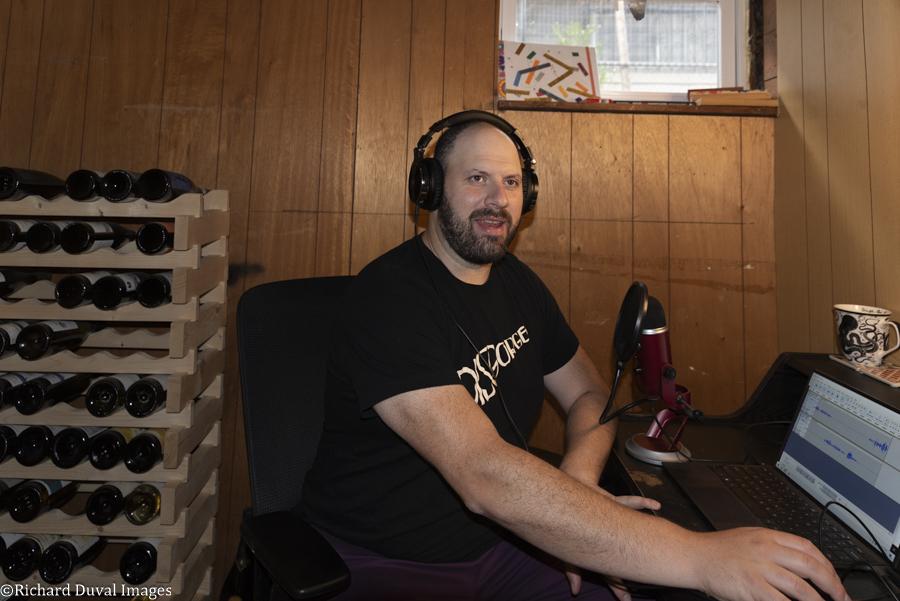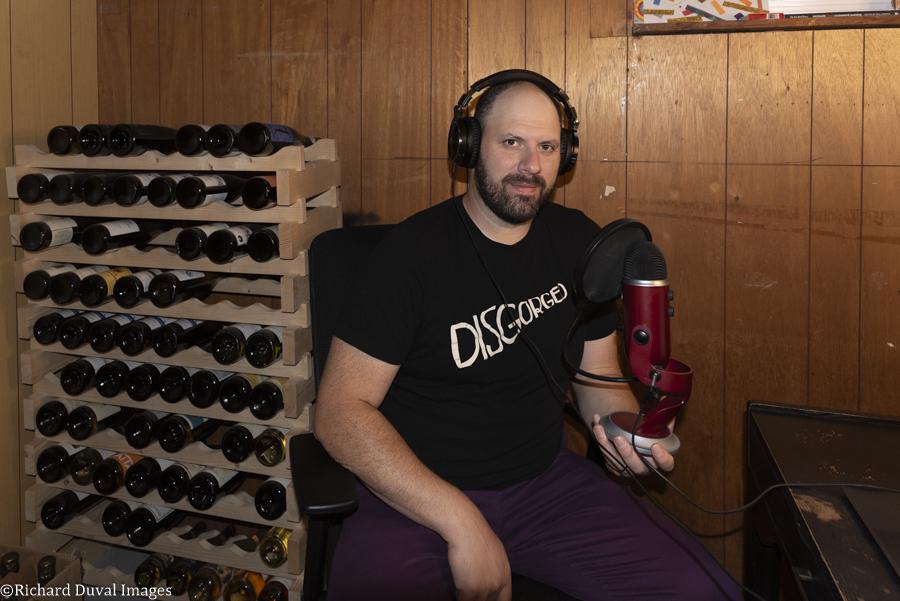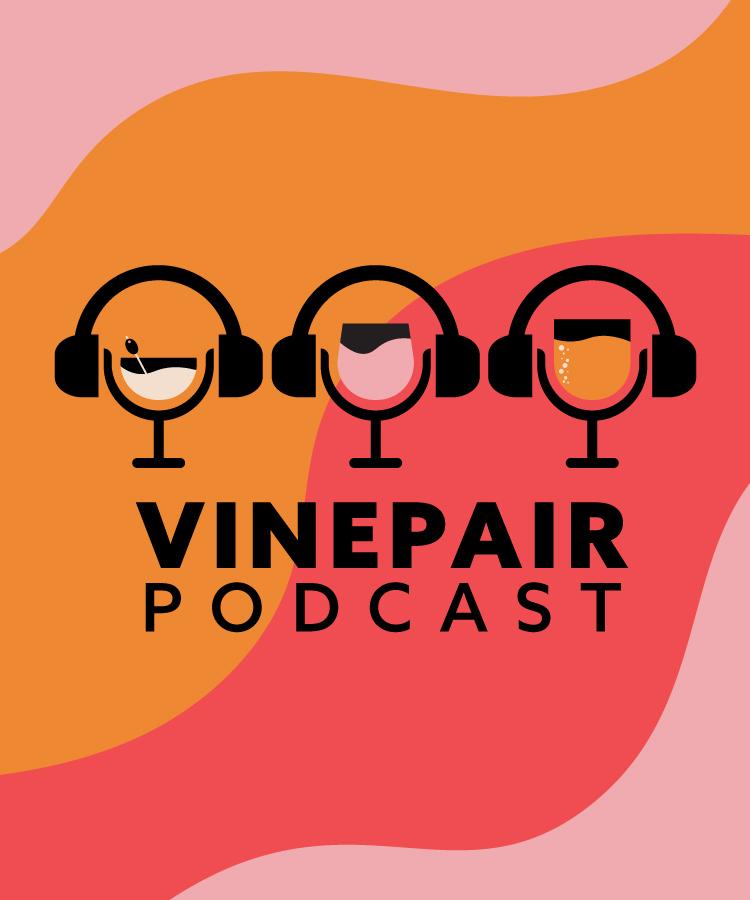
SEATTLE — The son of a professional cook and the stepson of a restaurateur, Zach Geballe has been immersed in the Pacific Northwest food and beverage culture since childhood.
“Food was a very big part of my family life,” Geballe says. “At a young age I was encouraged to try new things, including a sip of beer or wine.”
This early introduction to an array of flavors and textures started him on a path to his current career as a wine writer and podcaster — though it took him a while to realize he was on this path. It may have been a little more clear to those around him.
“As a kid, I was weirdly interested in reading restaurant reviews,” he chuckles.
Geballe is the affable and confident co-host/producer of the popular VinePair podcast, a production of the same-named online publication. Twice a week, he and co-hosts Adam Teeter, VinePair CEO, and Joanna Sciarrino, editor-in-chief, chat about what they are drinking, discuss trends in the beverage industry, and gently rib each other.
“It’s a pretty hefty undertaking,” he says of recording, editing and producing the now twice-weekly podcast from his Seattle home.
Geballe approaches their conversations with a producer/hospitality lens while Teeter and Sciarrino bring the perspective of journalists and consumers. The easy back-and-forth between the three — his co-hosts join him from a studio in New York City — belies the lift it takes to create a fun, engaging, and relevant discussion that will entice listeners.
Path to podcasting began with sports, NYU

Geballe’s plan, back in the mid-2000s, was sports broadcasting. After studying broadcast journalism at New York University, he found, much to his disappointment, that the seasoned sports journalists he met were jaded and complained that their work was a grind.
Disillusioned with this experience, Geballe returned to Seattle’s Eastlake neighborhood where he spent part of his childhood (the other parts were in Shoreline and Poulsbo) to take a job at Serafina, the popular Italian restaurant owned by his late stepmother, Susan Kaufman.
Serafina was home to a small, but vibrant cocktail community.
“This was my entry into the beverage industry,” Geballe says.
He started as a busser, eventually became a waiter, and then a bartender.
“I loved the environment of the restaurant. I wanted to learn more about food and wine.”
A few years later while working for Tom Douglas Restaurants, Geballe started pursuing wine education seriously.
“The opportunity was put in front of me,” Geballe says. “I hadn’t applied myself in a systemic way or pursued something in a structured way. I was fortunate that Tom covered the Level One class.”
Geballe went on to become a certified sommelier (for which Douglas paid half the tuition). He ran the wine program at the late, great Dahlia Lounge and became the company’s wine educator. In March 2020, the restaurants closed because of the pandemic. Geballe and most of the staff were laid off.
Parallel to his restaurant career, Geballe had been building a reputation as a journalist. He wrote food and drinks columns for the now-defunct Seattle Weekly, for Northwest-focused Sip Magazine and then for the national beverage publication VinePair.
“I was invited to be on a local podcast to talk about wine and remembered how much I loved talking about wine, not just writing about it,” Geballe says.
He had produced a sports podcast in college (back when the medium was brand new) and decided to launch his own wine podcast. For his show, he interviewed Teeter, and then spent the next year bugging him to create a podcast.
“I kept popping up in his inbox,” he laughs.
His campaigning worked, and they launched in 2018.
Recommendations for Northwest wine industry

With more than 500 episodes to date, the VinePair trio delves into topics and trends on which the publication collects data or listeners inquire about.
The biggest wine trends of late, he says, are from the natural wine world.
“There are lots of producers who are taking more cues from the natural wine movement,” he says, noting that producers are making wines with higher acidity, fresher fruit and less barrel aging.
“Natural wine is not meant to age. It has an energy meant for immediate consumption,” Geballe says.
And he sees some opportunities for the Northwest wine industry.
“As a whole, what Washington and Oregon need to pay attention to is white wine. This has potential for differentiation and to provide exceptional wine in an industry too focused on red wine.
“Data is showing that people are moving away from big reds for everyday drinking,” he adds. “Younger generations want a beverage they can enjoy with a whole host of cuisines. It’s short-sighted to focus on reds.”
Geballe’s genuine curiosity and frankness are appealing, as is his enthusiasm.
“This appealed to me. There is an endless ocean — to learn, to experience. You never reach the shore; but I’m fine with being adrift.”

Thank you, Dana, for introducing us to the VinePair podcast. I’ll check it out! Cheers 🍷